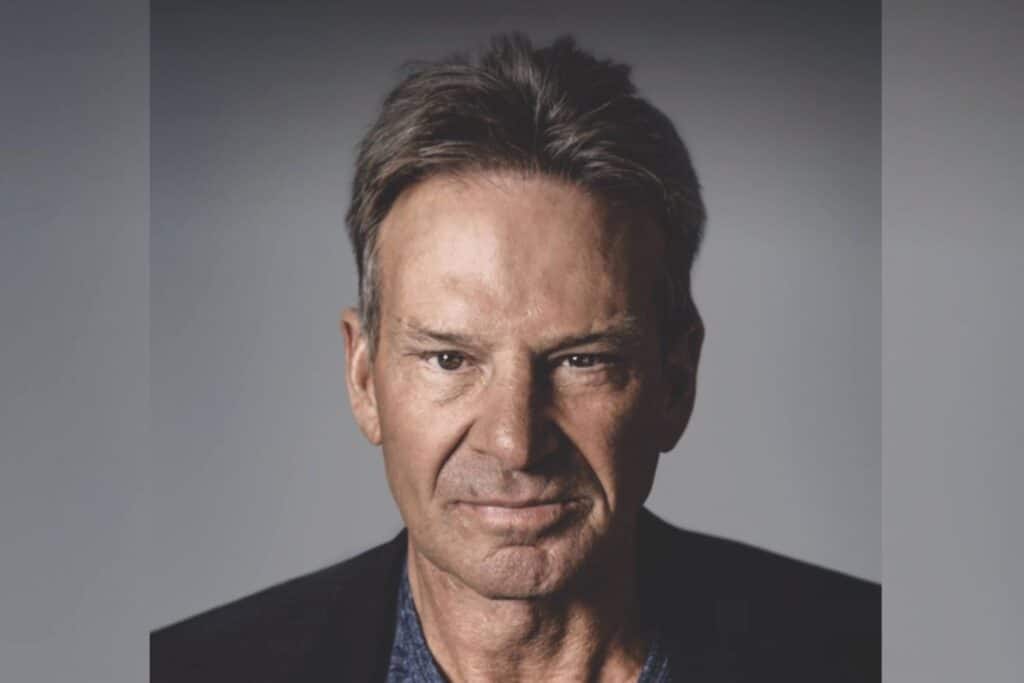Every time I watch the footy finals, I get goosebumps and watery eyes as traditional owners welcome tens of thousands of fans to their country, in a beautiful display of culture, respect and unity.
This year, however, I’ll be holding my breath.
I’m terrified that in the upcoming finals matches in the AFL and NRL, some fans may start “booing” or “slow-clapping”, following the advice from former AFL player Sam Newman.
In an episode on his podcast You Can’t Be Serious – a phrase that came to my mind when I first heard the 48-second exchange with co-host Don Scott – Newman told listeners the next time traditional owners “trot out a Welcome to Country” at a public event, fans should “start booing… or slow hand-clapping”.
“Because we don’t want to put up with it. We are not going to be patronised,” he said.
“This is dividing the country more than anything. We want to be one homogenous group of people living together and respecting one another.”
We’ve heard this before. In fact, the No campaign against the referendum on the Indigenous Voice to Parliament is centred around the “division” based on race it would cement in Australian society.
But I can think of a few other things that are dividing Australia much more than a Welcome to Country.
Division looks like the vile, hateful, racist remarks that flood X (Twitter) and other social media platforms against Indigenous people, including from key No campaign advocate David Adler.
Division sounds like a room full of people, predominantly white people, led by a white politician, chanting the catchphrase “If you don’t know, vote No”.
When I see and listen to a Welcome to Country at a public event, the last thing I feel is division.
When people, particularly white people, say they want to be “one homogenous group”, it eerily echoes assimilation and the rhetoric from the Stolen Generation.
Aboriginal and Torres Strait Islander children were stolen from their land and their families in a systematic, government-led, decades-long process to “homogenise” Australia, to eradicate an entire 65,000-year-old history and culture. Communities were torn apart, lives were lost and the damage is almost irreparable.
Small ways of recognition like the Welcome to Country keeps cultures and histories alive. Bigger forms of recognition like the proposed Indigenous Voice to Parliament could keep people alive.
Ignoring First Nations peoples – whether it’s by disrespecting the Welcome to Country, or voting No in the upcoming referendum – would mean Australia would go right back to where we were 100 years ago. That is not an Australia I want to live in.
But let’s play “devil’s advocate”, as Karl Stefanovic did on Nine’s Today Show this morning with Senator Lidia Thorpe. At what point does a Welcome to Country or an Acknowledgement of Country become a box-ticking exercise?
Last night, I returned to my high school for an event, and to begin, a student read out the Acknowledgement of Country. To my surprise, I could recite every word.
Because it was the same 30-second Acknowledgement of Country I heard when I started high school ten years ago.
It is a performative Acknowledgement of Country like the one I heard last night that encourages people like Sam Newman to disrespect the practice. This is why schools, churches and other institutions must work closely with the Indigenous communities in which their institution lies to create a respectful, appropriate and special Welcome to or Acknowledgement of Country.
Finally, to those who have a problem with the Welcome to Country, believe it or not, it has nothing to do with you individually. It has everything to do with acknowledging the incredible survival of First Nations cultures and histories, despite invasion, colonisation, systematic racism and overall mistreatment.
My hope is that on grand final day next week, I am filled with the same feeling I get every year when I watch the Welcome to Country, and I’m hoping my feeling of dread is unfounded.


